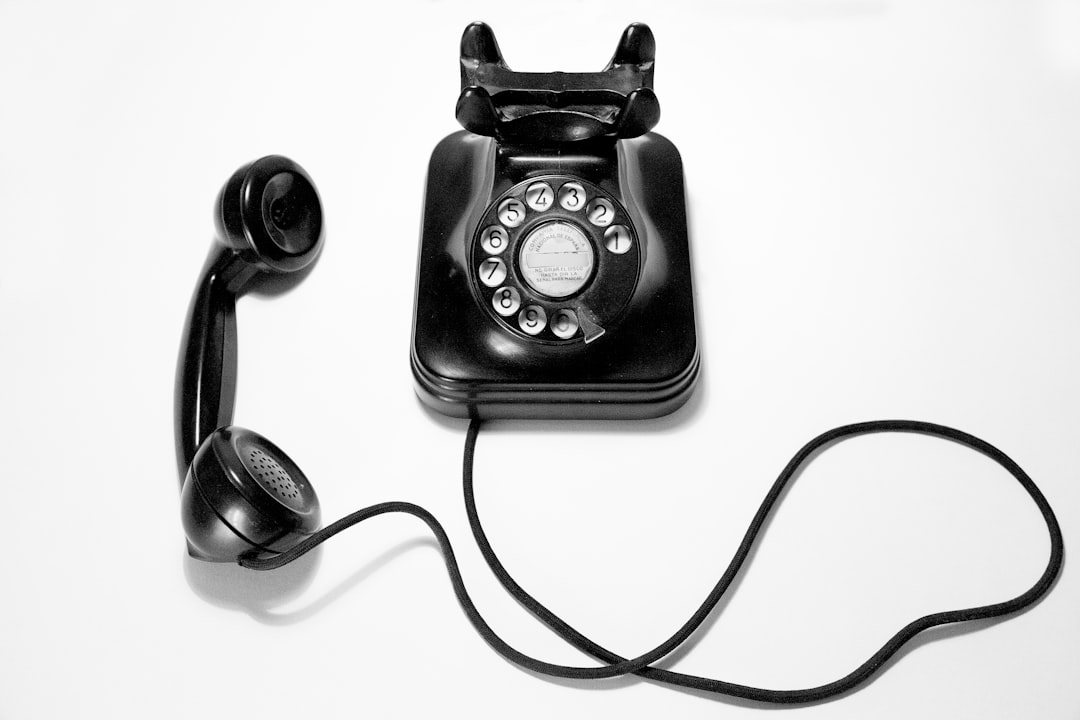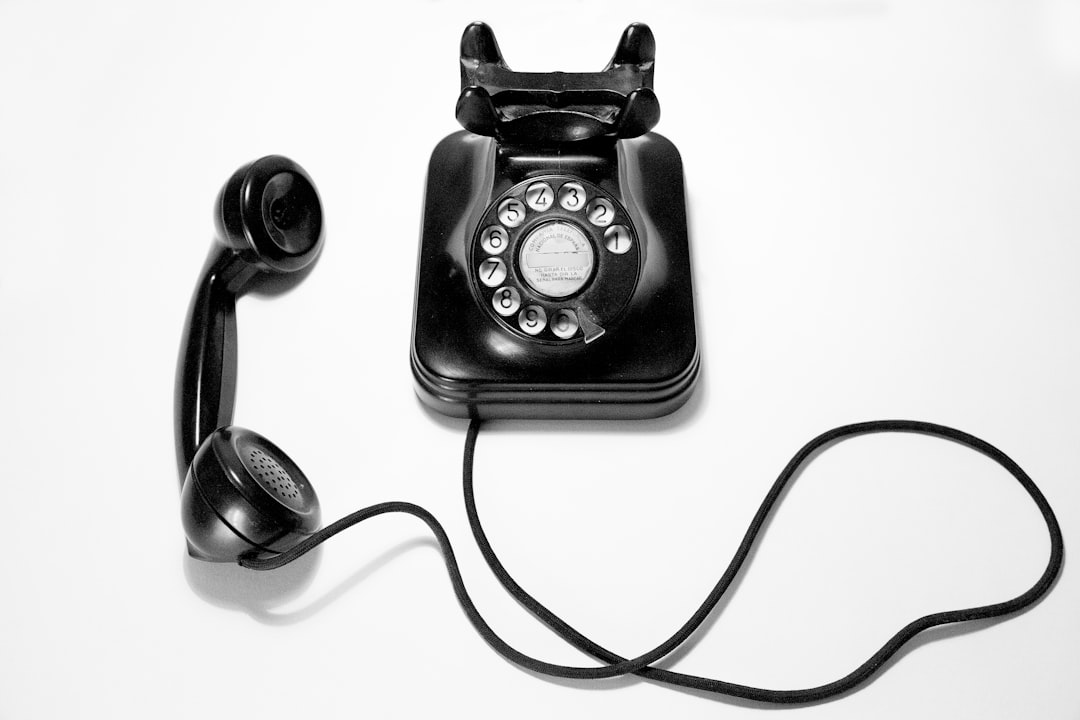In Philadelphia's medical community, radiology technicians must balance advanced equipment expertise with navigating complex legal territory, particularly the Telephone Consumer Protection Act (TCPA). This federal regulation restricts intrusive phone and text communications, impacting scheduling, follow-ups, and referrals. Unwanted call lawyers Philly emphasize the TCPA's importance for these professionals to avoid legal complications, especially when dealing with high call volumes or automated systems. Key strategies include staff training in patient consent, implementing automated systems for essential messages, maintaining detailed records, and seeking expert advice from unwanted call lawyers Philly for regular compliance audits.
In Philadelphia, as across the nation, radiology technicians face unique challenges regarding their Telemarketing and Consumer Protection Act (TCPA) rights in the face of unwanted calls. This article navigates the intricate relationship between TCPA regulations and the healthcare sector, specifically focusing on radiologists’ practices. We explore scenarios where excessive or unwelcome calls constitute TCPA violations, emphasizing the crucial role of unwanted call lawyers in protecting technicians’ legal rights. Additionally, we offer valuable strategies for radiology practices to ensure TCPA compliance.
Understanding the TCPA and Its Relevance to Radiology Technicians in Philadelphia

In the bustling medical landscape of Philadelphia, radiology technicians play a crucial role in patient care and diagnostic imaging. However, their work isn’t just about handling sophisticated equipment; it also involves navigating complex legal waters, particularly when it comes to unwanted calls. The Telephone Consumer Protection Act (TCPA) is a federal law designed to curb excessive or intrusive phone communications, and its implications extend to the daily practices of radiology technicians in Philadelphia.
Unwanted call lawyers Philly often emphasize the TCPA’s significance for these professionals, as they may be involved in making or receiving calls related to patient scheduling, follow-ups, or referrals. The law prohibits certain types of automated or prerecorded calls and unwanted text messages, ensuring that individuals’ privacy is respected. Radiology technicians must be aware of their rights and responsibilities under the TCPA to ensure compliance and avoid potential legal issues, especially when dealing with high call volumes or using automated systems for patient outreach.
Unwanted Calls: When Does a Radiology Practice Violate TCPA Rights?

In the realm of healthcare, particularly within radiology practices, the Telephone Consumer Protection Act (TCPA) plays a pivotal role in safeguarding patients from unwanted calls. While radiologists and technicians perform essential duties, exceeding professional boundaries through excessive or unsolicited phone communications can constitute a TCPA violation. These laws restrict businesses from making telemarketing calls without prior express consent, ensuring consumers’ privacy and peace of mind.
When a radiology technician receives calls requesting patient information or scheduling appointments that are unwanted or unprompted, it may indicate a breach of TCPA rights. Unwanted call lawyers in Philly emphasize that practices must obtain explicit permission from patients before contacting them for non-emergency matters. Therefore, radiology technicians should be vigilant about the nature and purpose of incoming calls to ensure compliance with TCPA regulations and avoid potential legal repercussions.
The Role of Unwanted Call Lawyers in Protecting Your Legal Rights

When dealing with unwanted calls, especially in the context of Fox Chase and its implications for radiology technicians, it’s crucial to have legal expertise on your side. Unwanted call lawyers in Philadelphia specialize in protecting individuals’ rights under the Telephone Consumer Protection Act (TCPA). These attorneys play a vital role in navigating the complex regulations surrounding telemarketing and automated calls, ensuring that businesses adhere to fair practices.
By engaging unwanted call lawyers, radiology technicians can safeguard their privacy and legal standing. These professionals have the knowledge and resources to handle disputes, send cease-and-desist letters, and even represent clients in court if necessary. With their guidance, individuals can take action against recurring nuisance calls and assert their right to quiet enjoyment, especially in a professional setting where focus and concentration are paramount.
Effective Strategies for Radiology Practices to Comply with TCPA Regulations

To ensure compliance with TCPA regulations, radiology practices in Philadelphia should implement robust strategies to mitigate unwanted calls. Start by training staff on proper patient consent and call scripting procedures. This includes clearly communicating appointment reminders, confirmations, and any other calls related to patient care, while avoiding promotional or telemarketing calls. Utilizing automated systems for these essential communications can be effective, but ensure they are designed with privacy in mind and follow all legal guidelines.
Additionally, maintain meticulous records of all call activities, including dates, times, content, and recipients. This documentation is crucial should any compliance issues arise. Consider hiring unwanted call lawyers Philly to review your current practices and offer tailored advice on improvements. Regularly audit your communication strategies and stay updated with TCPA regulations to avoid legal pitfalls and protect patient rights.






